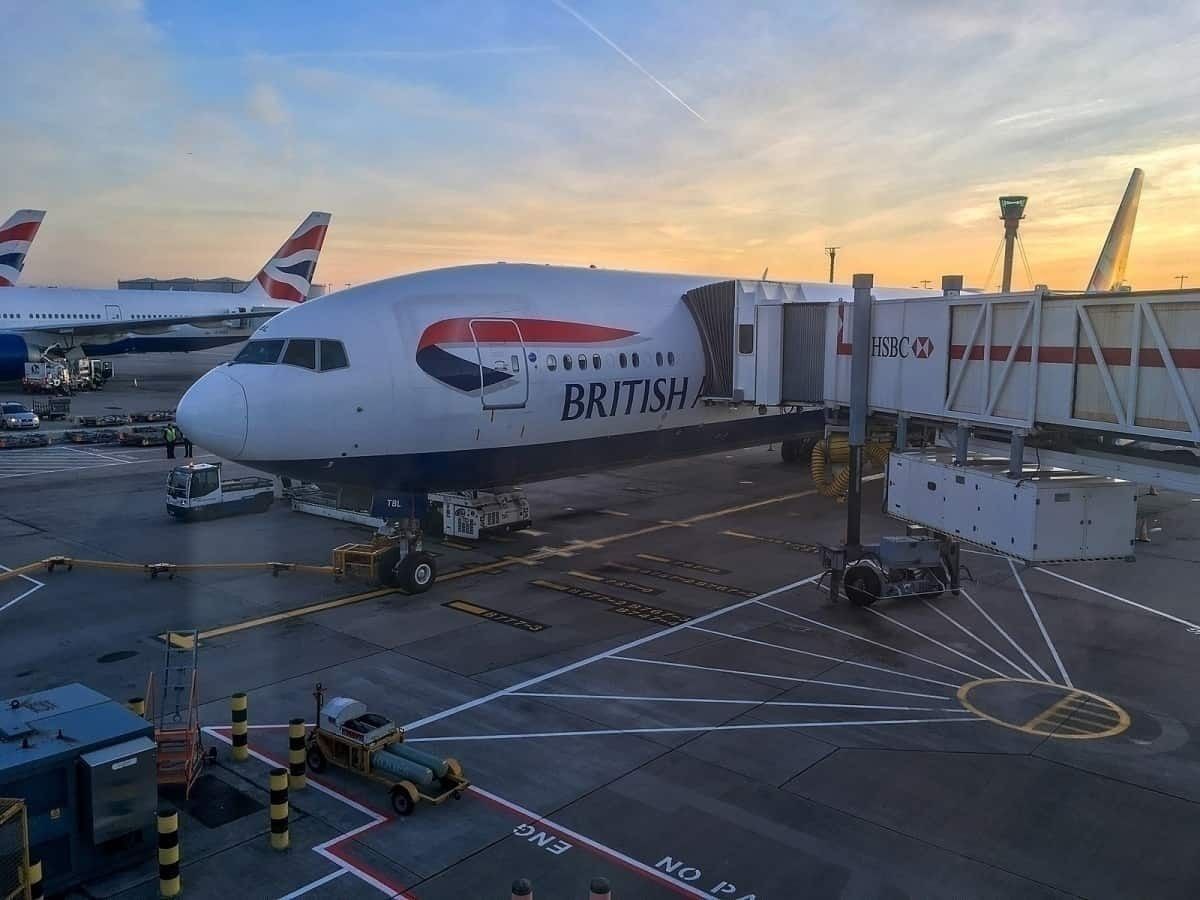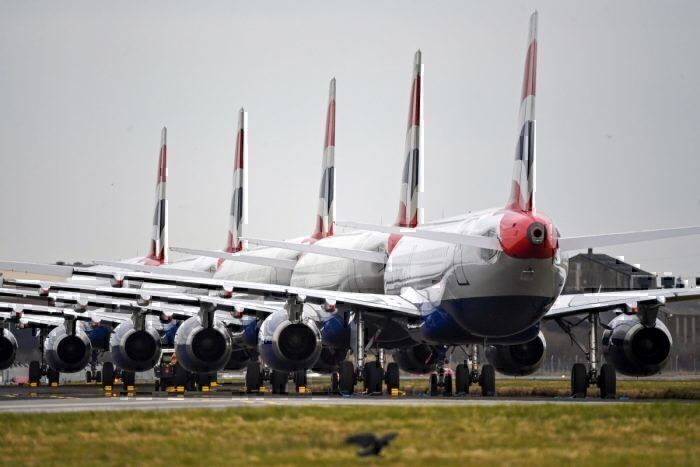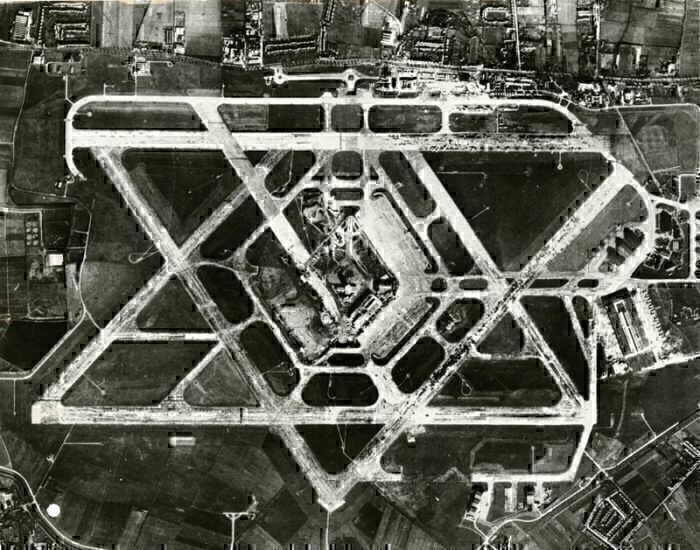The UK’s largest airport, Heathrow, is to readjust operations this week to prioritize incoming cargo flights carrying medical supplies. Almost half of Britain’s pharmaceutical goods, including medicines, vaccines, sanitizers, and syringes, will be arriving in the country via the West London airport.
Unprecedented additional capacity
For the first time in a decade, Heathrow Airport finds itself with additional capacity in its schedule. It is normally one of the busiest two-runway airports in the world, with about 1,300 combined take-offs and landings per day.
Frequently planes find themselves held in one of the airport’s four holding stacks before being granted a landing slot. With the drastic reduction in flight schedules, the airport will now make use of the extra space, to ramp up cargo capacity for medical supplies and food.
“This is an unprecedented time for the international community, with COVID-19 requiring us all to work together, adapt and adopt extraordinary measures to quell the spread of this virus,” Heathrow CEO John Holland-Kaye said in a statement issued by the airport. “We stand ready to support the country through this crisis. Our intention is to remain open at all times to serve those passenger flights that will continue to operate.”
UK's largest port
Heathrow is the UK’s largest port by value with 34% of the country’s incoming cargo arriving at the airport. 95% of this arrives in the holds of passenger planes. With the staggering drop in traffic, the effect on the supply chain could be devastating.
This week, however, cargo movements at Heathrow are forecast to surge by 53% compared to the weekly average. The airport said it is calling on more airlines and freight companies to make use of the quieter runways, so that “the aviation industry can play its part in the economic and social fight against COVID-19.”
Pharmaceutical products are already one of the major imports passing through the airport. In 2019, there were over 12,000 tonnes of medical supplies such as medicines, soaps, and syringes transported via the airport, accounting for 41% by value of the UK’s imported supply.
Heathrow's finances "remain robust"
In the midst of concerns for the future of Britain’s airports, the temporary closing of London City last week, and the closure of Gatwick’s North Terminal, Heathrow released another statement last week ensuring that, while its credit rating has taken a hit, its financial position “remains robust.” Heathrow’s Chief Financial Officer Javier Echave said that this is due to “prudent management and investment in the airport over the past decade.”
Not the airport's first "wartime" effort
This is not the first “wartime” effort Heathrow airport has seen. Before becoming a civilian airport in 1946, it was a military airfield serving aircraft bound for the Far East, carrying troops, supplies and care packages. It is now supporting the relaxation of slot time “use it or lose it” obligations and allowing airlines to park aircraft that have been stranded due to coronavirus free of charge.
In what other ways could airports support both local efforts against coronavirus and the aviation industry as a whole during these times? Give us your thoughts in the comments!



